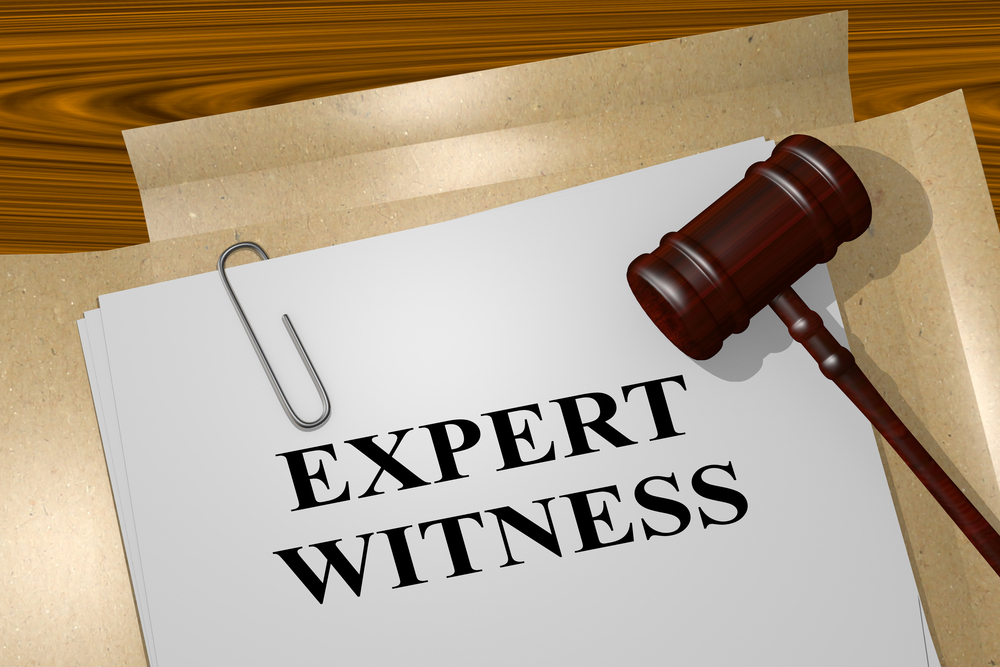By John Allison
Expert witnesses are indispensable in cases involving medical, scientific or technical issues. If properly qualified, an expert witness can express opinions within the scope of his or her expertise. An expert can also help the trier of fact understand complicated issues that might be involved in the case.
Selecting your experts.
Experts you retain to testify at trial should be highly qualified and credible. Expert witnesses will be most helpful to your case if they are likeable and have a professional demeanor. Experts who are patient and have the ability to teach will be able to explain the grounds for their opinions in a way that makes sense to the judge and the jury.
Avoid retaining an expert witness who has given testimony or published anything inconsistent with the opinions he or she will express in your case. Also avoid retaining an expert whose testimony has been excluded in other cases on Daubert, Frye or similar grounds.
Challenging adverse experts.
When taking the deposition of an adverse expert, or cross-examining the expert at trial, the goals are to limit the impact of the expert’s testimony and, when possible, to obtain concessions that are helpful to your case. Thorough preparation is crucial. Learn as much as you can about the expert online. Review the expert’s curriculum vitae and read every article or other publication written by the expert that might be germane to the expert’s opinions in your case.
If the curriculum vitae contains a list of cases in which the expert has testified, consider contacting the lawyers for the opposing parties in those cases to learn about the expert’s strengths and vulnerabilities. Try to find learned publications considered by your experts to be reliable authority that contain information or opinions supporting your theory of the case. Ask your experts whether there are weaknesses in the adverse expert’s opinions or methodology.
The deposition of an adverse expert also provides an opportunity to ask questions that might elicit information that can be used to impeach the expert at trial. For example, experts who earn most of their income from their work as an expert witness will be less credible than experts who do not. Similarly, experts who testify exclusively for one side or the other in litigation, and experts who come across as advocates with an axe to grind, will lose credibility as witnesses at trial.
John Allison is a professional career coach backed by years of experience as a successful lawyer. He is the founder of The Coach for Lawyers and author of “The Art of Practicing Law: A Practical Guide for Lawyers.”

